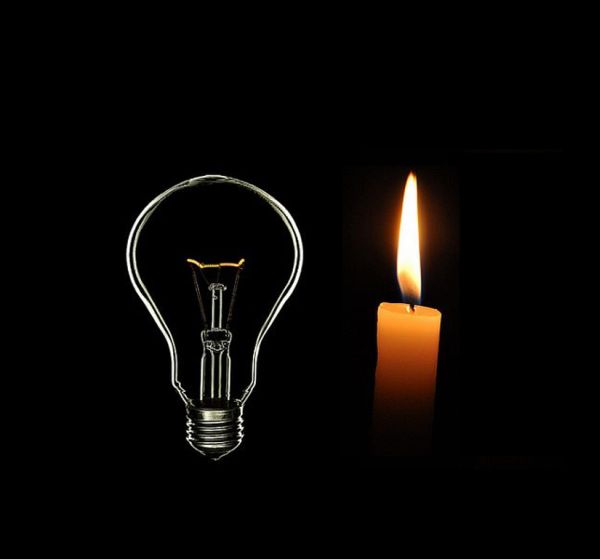15 Jun 2014

The International Energy Agency has released a new report confirming that interfering in gas markets deters investment in exploration and production.
“Subsidies exacerbate demand and inevitably lead to shortages a decade later,” it says.
Our next-door neighbour, Indonesia, offers a salutary lesson in this regard.
The country’s mandated low domestic gas prices have been a disincentive to gas explorers and developers, according to the IEA’s Gas Medium-Term Market Report 2014.
Indonesia has about 104.4 trillion cubic feet of proven gas reserves – the world’s 13th largest reserves.
This is more than enough to supply both domestic and export markets.
In 2012, Indonesia was the world’s third-largest LNG exporter, but by 2019 it will be a net importer.
Indonesia also reserves gas production from its LNG projects for domestic use at subsidised prices. The gas reservation threshold is 25 per cent for most projects, but can be as high as 40 per cent.
This has provided little incentive for energy efficiency or for exploration and development. Domestic demand for natural gas has doubled since 2005, growing much faster than production. Indeed, in 2013 Indonesia’s gas production fell by 9 per cent.
The unintended, but inevitable, effects of gas subsidies include market distortions that affect the country’s economy.
Production problems and rising consumption have actually caused gas shortages.
In some cases, Indonesia has had to buy spot cargoes of LNG to meet export obligations. It has also imported LNG and resold it at a lower domestic price.
Recognising this, the government is moving to implement a subsidy reform program and it is committed to phasing out these subsidies by the end of 2014.
Indonesia is now shifting its domestic gas policy from intervention to achieve low prices to intervention designed to secure increased volumes at prices that are viable for producers.
Producers see this as preferable to the previous strategy, but Indonesia still ranks low (132 out of 157 jurisdictions) in terms of its barriers to foreign investment (Fraser Institute Global Petroleum Survey 2013).
As the US Energy Information Agency notes, “Indonesia struggles to attract sufficient investment to meet growing domestic energy consumption because of inadequate infrastructure and a complex regulatory environment.”
The IEA report says gas reservation is largely to blame. “The existing gas law, which includes an obligatory portion for domestic use seems to be aggravating the issue, hindering foreign investment into the country. The regulated price regime, which results in the price of domestic gas being cheaper than the production cost, is discouraging investments.”

